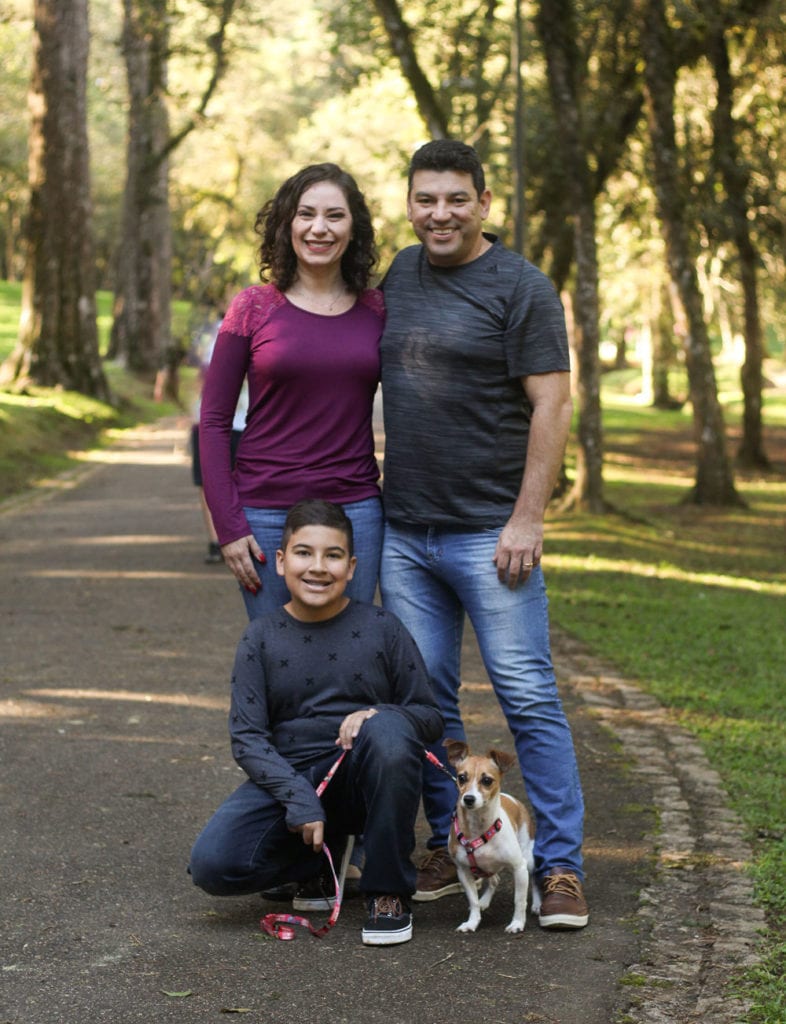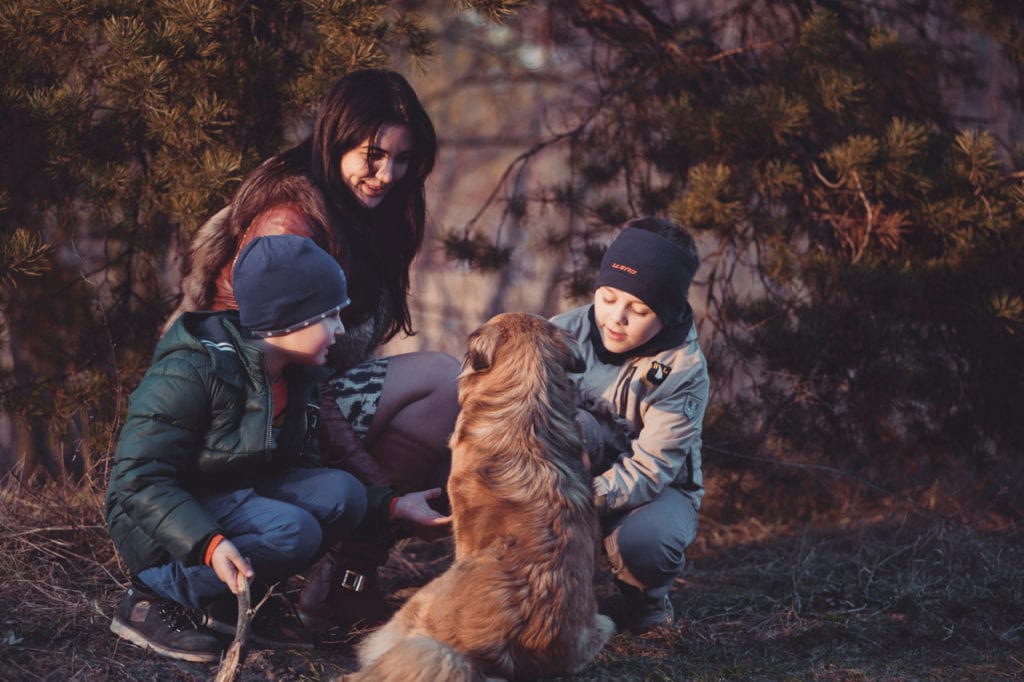We’ve all seen the commercials and viral videos; happy children excitedly opening a wrapped but wriggling package and, surprise, it’s an adorable puppy or kitten! We’re left with the sense that the pair will be best friends forever, and scenes of fetch in the yard and walks on fall days dance in our minds. A few of us know the truth; in a few weeks that puppy or kitten will become a whole lot of work or worse forgotten about. Many of these pets find their way into shelters & rescues and for some it won’t be their first or last time.
Before you bring home a new dog or cat, there’s a million things to think about – where will you find your pet? Will your pet get along with your other pets? How will you help your pet adjust and keep your pet healthy? We can help you find the answers.
The Adoption Process
Pet adoption screeners are skilled at matching pets to people. The more questions they ask you, and the more honestly you answer, the better suited your family will be to the pet you finally bring home. Fostering a pet is a great way to test whether you are truly ready for another pet and you’ll be helping a shelter pet find their forever home; even if it’s not your home. Maybe your family isn’t ready for the energy of a puppy. Senior and adult pets can add to your family and may not require the same amount of time and training a puppy does.
Know Your Family
The dog or cat you want must get along with the pets you already have. Your pet also must meet the needs of the humans in your family. Start by making a list of the non-negotiable qualities a new pet should have. If you are giving the pet as a gift to children, it’s important to be honest with yourself about their ability to provide care and to what extent you will provide care should they lose interest. Many of us who work in veterinary medicine have been caring for animals from a very young age but not all children have this capacity.
Plan for the Unexpected
Sometimes pets get sick, and sometimes pets find their way far from home. Both experiences can be less traumatic if you plan ahead. Pet insurance can save you valuable dollars and help you follow your heart when making healthcare decisions. Microchips increase the chances of your lost pet being returned to you. Most animal shelters and veterinary hospitals now scan for microchips.
Plan for the Expected
There are costs associated with owning a pet that go beyond just feeding them. Pets should be seen by a veterinarian on, at least, an annual basis for vaccinations, laboratory testing and wellness exams. Your pet will also need to be on year-round parasiticides to prevent fleas, ticks, intestinal parasites and heart worms. All family pets should be spayed or neutered and by the time your pet is 3 years old, he or she will likely need to have a dental cleaning. Some breeds are more prone to specific health conditions and breeds with longer coats need to be groomed on a regular basis. It’s also important to consider who will care for your pet when you travel. Many boarding facilities offer day play which is a great way to socialize your puppy and ensure they don’t get into mischief while you are away from home.

The First Checkup
Regardless of the age or breed of your new pet, a visit to the veterinarian and a complete physical exam should be a top priority. Start your pet off right with vaccinations, baseline testing and confirm a clean bill of health. If you do decide to add a new pet, give us a call and we’ll help you get off on the right foot. New Clients receive 50% off their first exam in the month of December. Our medical services staff can answer all your questions and ensure you and your new furry family member have a happy and healthy life together.
Have questions?
The team at Oakbrook Animal Hospital is here to help!

